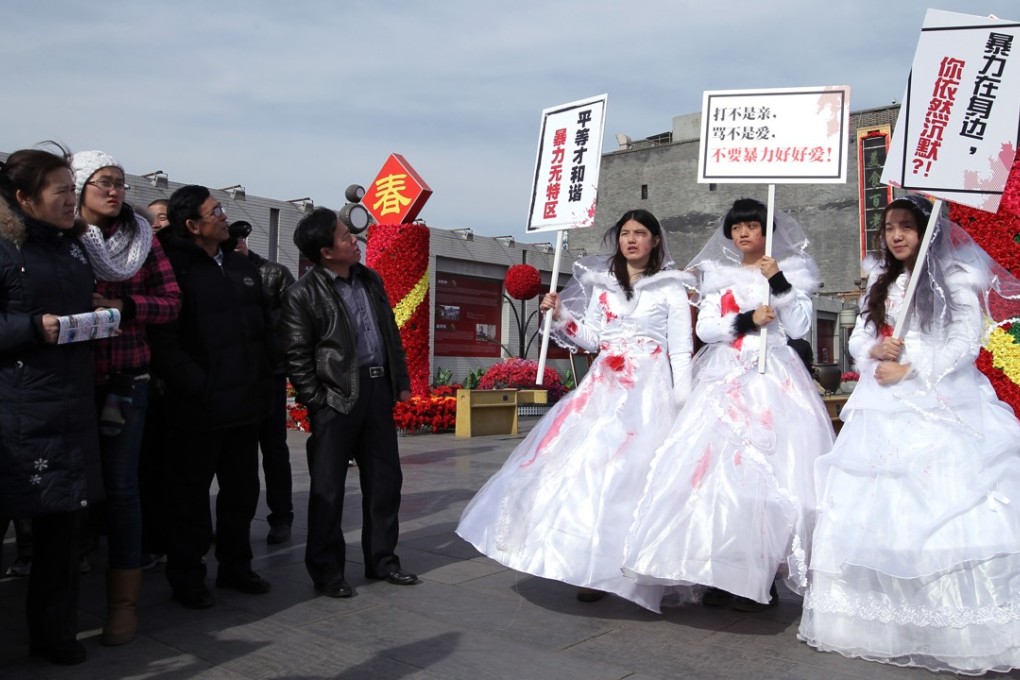The fight against gender violence goes on for China’s ‘Feminist Five’
Li Tingting, one of five activists arrested two years ago for protesting against sexual harassment, will focus on championing Chinese women’s rights globally

It has been two years since 27-year-old feminist Li Tingting and four other activists were arrested by Chinese authorities for handing out anti-sexual harassment stickers for International Women’s Day.
Li, also known as Li Maizi, along with Wei Tingting, Wu Rongrong, Wang Man and Zheng Churan, became known as the “Feminist Five” and spent 37 days in detention, prompting an international outcry.
Although they were released from their bail conditions a year later, the case against them for disturbing public order has not been withdrawn.
But Li remains undeterred. While she once aimed to be the country’s first openly lesbian lawyer, she is now focused on communicating Chinese feminism to a global audience, and teaching local groups to organise themselves against gender-based violence.
The 37-day detention catapulted you and the others in the “Feminist Five” into the international spotlight. What was it like having to go through that?
Our detention was a challenge. At the same time, it’s an opportunity. This incident provided a good opportunity for the international public to notice that in the past, the Chinese authorities had a gender equality image of China – “women hold up half the sky” – that is totally not true. So we as five feminists are trying to do something to change China and to chase gender equality, even though it is very hard. Sometimes, the authorities think we have drawn a lot of attention and they don’t like it. Even though some of them think the detention was a mistake, they never admit they were wrong. For our five sisters, it’s not easy because there’s a lot of interrogation in the detention centre, and a lot of monitoring when we were released. It’s very hard for us to continue our work because we are very politically sensitive. But things have become better because it’s two years ago, so people have forgotten about it. And we are not the first priority of the authorities. They underestimate women’s power, so they don’t care about five girls.